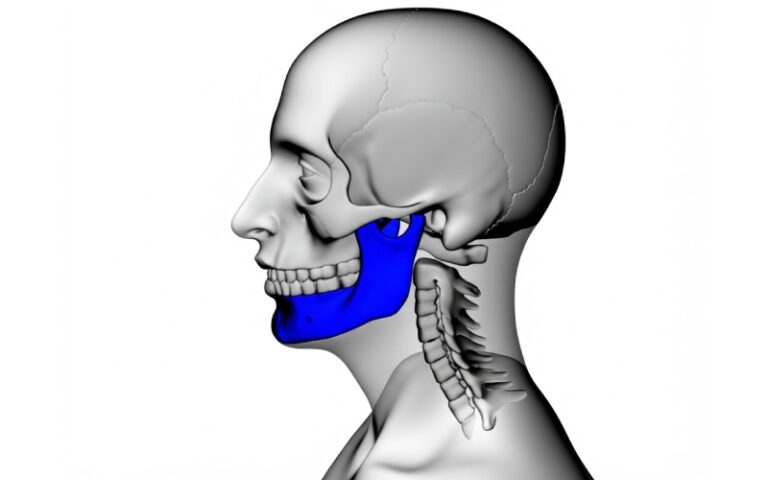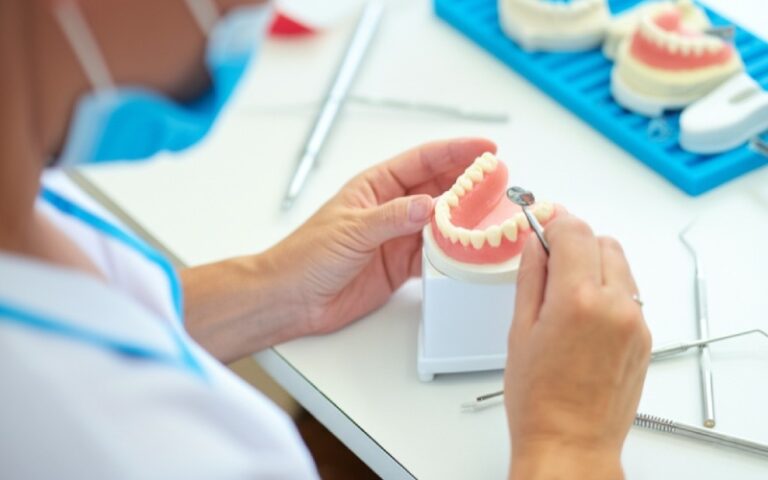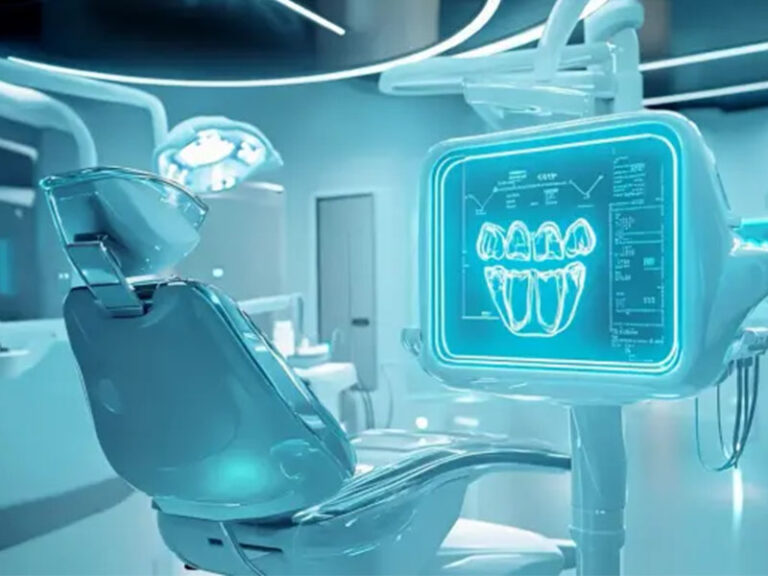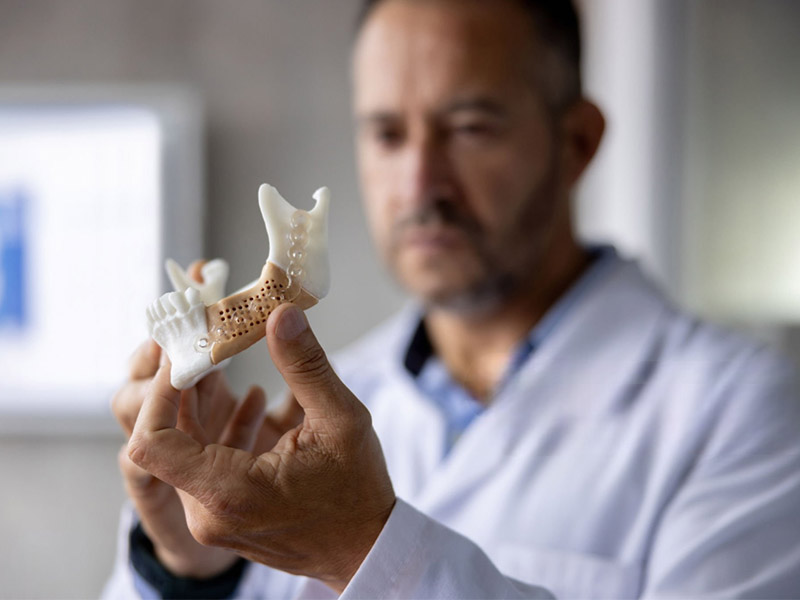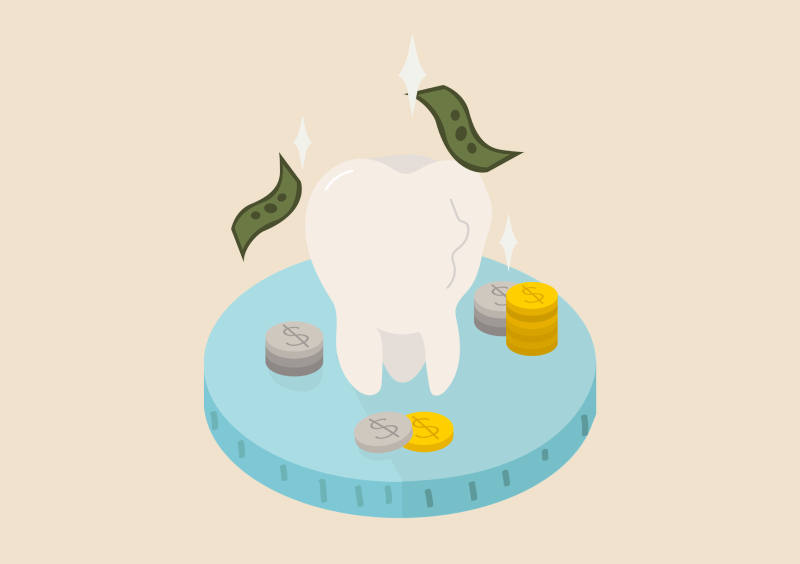
Do Dentists Take Medicare? Understanding Your Dental Coverage Options in 2025
That feeling of confusion when you try to book a dental cleaning and the receptionist asks, “What insurance do you have?”—only to hear, “Sorry, we don’t take Medicare”—is pretty common, and honestly, it’s pretty annoying. Maybe you’re new to Medicare, or maybe you’ve got a big dental bill and thought, “Shouldn’t this be covered?” Don’t stress. You’re not alone. This guide will clear up what Medicare actually covers for dental care, lay out your real options, and help you stay on top of your dental health—without spending a fortune.
Table of Contents
Does Medicare Cover Dental Care? The Short Answer
You’ve probably asked yourself or even typed into Google: “Do dentists take Medicare?” Here’s the straight-up answer—Original Medicare (Parts A and B) almost never pays for regular dental care. Cleanings? Nope. Fillings? No luck. Dentures? Not really. This surprises a ton of people, and it’s one of the biggest headaches about Medicare for older folks.
But there’s good news: you can still get dental coverage through other parts of Medicare or other plans. Later, we’ll break down those options so you know what to look for and how to avoid big, scary dental bills.
But first, let’s be clear about what is and isn’t covered by Original Medicare.
What’s Covered Under Original Medicare (Parts A & B)?
When Medicare Will Pay for Dental
Medicare Parts A and B cover your main health stuff—hospitals, doctors, tests you really need—but not the dentist. There are just a few odd times when Medicare helps out:
- Hospital-Related Emergencies: If you’re in the hospital and need dental work that’s a part of a bigger, covered health problem—like jaw surgery after an accident or a mouth check before a heart operation—Medicare Part A might pay for that.
- Medical Complications: If your dental problem is so connected to another major health thing that it has to be treated (like mouth surgery before some cancer treatments), you might get help.
- But: Medicare stops helping when it comes to regular care. Exams, cleanings, pulling teeth, fillings, dentures, crowns, root canals—Medicare won’t pay for these unless they’re part of some bigger medical thing.
Here’s an example: Think of Medicare like an umbrella. It keeps you dry during a storm (major medical stuff), but it’s got holes—dental care falls right through.
What’s Not Included
Here’s a quick list. Original Medicare (Parts A and B) does NOT cover:
- Regular checkups
- Cleanings and polishing
- X-rays for dental reasons
- Fillings and crowns
- Pulling teeth (unless it’s for another covered procedure)
- Root canals
- Dentures (full or partial)
- Implants
- Braces or other cosmetic things
To say it simply: Unless you’re in the hospital and the dental work is directly linked to why you’re there, you’re paying out-of-pocket.
Quick Stat: Around 53% of people on Medicare have no dental coverage at all. Those who do usually pay a lot, anyway.

Getting Dental Coverage with Medicare: What Are Your Choices?
If you’ve just realized Medicare isn’t handing out free or even cheap dental care, you’re probably thinking: “What now?” Let’s sort through your options—from picking the right Medicare plan to finding clinics that help save money.
1. Medicare Advantage Plans (Part C): Likely Your Best Choice for Dental
Almost all Medicare Advantage (Part C) plans in 2024—about 94%—come with some dental benefits. That changes the game for a lot of people.
What are Medicare Advantage Plans?
Think of Part C as an “all-in-one” plan instead of Original Medicare. It’s usually run by private companies. Here’s why Part C might be the way to go if dental care is important to you:
- Dental is included: Most plans pay for basic things like cleanings, yearly checkups, and X-rays. Some plans also pitch in for bigger jobs—fillings, pulling teeth, root canals, or dentures.
- How much is paid for? Cleanings and other checkups are usually 100% covered (like you pay nothing for two cleanings a year). For big stuff—crowns, root canals, dentures—you might split the cost, like 50/50, up to a yearly max.
- How much per year? Most plans set a yearly dental limit, usually $1,000 to $2,000. If dental bills go higher than that, you pay the rest.
- Dentist networks: With these plans, you need to use “in-network” dentists to get the most help. Some are HMOs (smaller networks, lower costs), others are PPOs (bigger networks, higher monthly rates).
Pros:
- Dental comes built-in—no need to buy another plan.
- You can have health and dental through just one company.
Cons:
- Networks may be tight; your regular dentist might not be on the list.
- Yearly dental amounts run out fast if you need a lot of work.
- Each plan is different. Don’t just assume they all pay the same.
TIP: Always check which dentists are “in-network” before you sign up.
2. Stand-Alone Dental Insurance for Seniors
If you have Original Medicare and want more solid dental coverage—especially if you want to stick with your own dentist or need things like implants—you could look into private dental insurance.
How do these work?
- You pay a bill every month, just like any regular insurance.
- You pick what’s covered (just checkups, or more stuff like fillings and big jobs).
- Plans almost always have deductibles, waiting periods (sometimes up to a year for things like crowns), yearly limits, and things they don’t cover.
- Popular companies? Delta Dental, Aetna, Humana, Cigna, MetLife, Guardian, and some others.
Pros:
- More freedom to pick your dentist (especially with PPO plans).
- More choices for things like crowns or implants.
Cons:
- It’s a whole extra bill (and more paperwork).
- There could be long waits for big work.
- Yearly maximums still count.
Helpful Hint: If you think you’ll need a lot of dental work, check if monthly bills might end up cheaper (or not) than just paying out-of-pocket. They can add up fast.
3. Dental Discount Programs
If normal insurance seems expensive or too limiting, you might want a dental discount plan. Here’s how those work:
- You pay a yearly fee ($100–$200 is normal).
- For that, you get big discounts from certain dentists.
- Reductions range from 10% to 60% off regular prices for checkups, cleanings, fillings, crowns, or even braces and implants (but you gotta check the plan’s details).
- No deductibles, no limits, no long waits.
Cons:
- These aren’t insurance—you’ll still pay most costs, especially if you need a lot done.
- You must use dentists on their list.
Who should think about this? People with pretty healthy mouths who only need checkups, or anyone who’s been avoiding work and wants to save on one or two things.
4. Medicaid and Dual-Eligible Solutions
If money is really tight, you might qualify for Medicaid along with Medicare (“dual eligible”). In many states, Medicaid does cover a lot more dental for adults—including cleanings, fillings, and even dentures. But what’s covered (and how many dentists accept it) changes a lot by state.
Quick Note: Dual eligibility is about as good as it gets for dental in some places—some states pay for almost anything.
Check with your local office to see what’s out there where you live.
5. Cheaper Dental Resources
Not everyone can pay for private insurance or get extra help. Don’t worry—there are other ways.
- Community Clinics and Health Centers: Offer care with prices based on how much you make. You might pay way less for checkups, X-rays, fillings, or pulling teeth than at a regular dentist.
- Dental Schools: Students (supervised, of course) give care at much lower prices, and they usually do a really thorough job!
- State and Local Health Programs: Some have special clinics or projects for seniors or people with low incomes—look online for options in your area.
- Veterans Dental Benefits: If you’re a qualifying vet, you might get dental help through the VA (check their website).
You may have to call around, but these can save you a lot of money.
How to Find Dentists Who Take Your Plan
When people say “dentist who takes Medicare,” they usually mean a dentist who takes your Medicare Advantage dental benefit, or your second dental insurance, since Original Medicare won’t pay for regular care.
Here’s how to make finding a dentist easier:
- If you have a Medicare Advantage plan:
- Visit your insurance company’s website and use their provider search—look up by your ZIP code or the dentist’s name.
- Call the dental office, tell them your plan, and ask, “Do you take this Medicare Advantage plan’s dental benefit?”
- If you have separate dental insurance:
- Check the plan’s site or call their customer help line for a list of dentists you can see.
- Double-check with the dentist’s office (sometimes online lists aren’t up to date).
- If you use a dental discount plan:
- The plan gives you a list—select from those for the best prices.
- For community clinics or Medicaid:
- Call ahead or look at their website; most say what insurance or discounts they take.
Helpful tip: Don’t be shy. Double check before any appointment—fixing billing problems later is way harder than stopping them in advance.

Picking the Right Dental Coverage: What Matters Most
The “right” dental plan for you isn’t always the one with the lowest bill each month or the longest list of covered stuff. Think about:
1. Your Current and Future Dental Needs
Ask yourself:
- How often do I see the dentist? Just for cleanings, or more?
- Have I had gum disease, root canals, or other big work before?
- Are things like dentures or implants in my future?
Some plans just cover the basics. If you usually need more care, look for better coverage—even if you pay a bit more per month.
2. Your Budget
Don’t just look at the monthly bill. Think about:
- Deductibles: How much you pay first before insurance starts helping.
- Copayments: Your share of each dental bill.
- Yearly maximums: After this much, you pay everything else.
- Waiting periods: How long ’til you can get work done after signing up.
Quick Fact: On average, seniors without dental insurance pay about $874 a year for care—and that can jump to $2,000+ if you need something major.
3. Dentist Networks
Do you have a dentist you really like? Make sure they’re on your plan’s list. HMO plans keep you to a short list.
PPO plans give you more choice (and let you go out of network, though that costs more).
4. Preventive Care vs. Major Services
Some plans are for checkups only (cleanings, X-rays). If you want crowns, bridges, root canals, or implants, look for plans that list these up front.
5. Local Choices
In a small town? You may not have many dentists covered by different plans. Ask around and check the lists carefully.
FAQs and Key Takeaways
Q: Does Original Medicare pay for regular dental?
A: No. Cleanings, fillings, X-rays, dentures, and pulling teeth aren’t covered unless connected to something else Medicare already pays for.
Q: What if I have a Medicare Advantage plan?
A: Many do have dental—but how much, which dentists, and what’s covered can be really different. Compare before signing up.
Q: Can I get my own dental plan?
A: Yes. Stand-alone dental insurance is out there from companies like Delta Dental, Humana, Cigna, and MetLife. Always check for: monthly costs, deductibles, waits, yearly caps.
Q: What if I can’t pay for any dental insurance?
A: Clinics, health centers, and dental schools will often see people for much less, based on what you can pay. Some Medicaid programs (if you qualify) help fill the gap for low-income folks.
Q: Why doesn’t Medicare pay for dental?
A: Back when Medicare started in 1965, dental care was seen as “not necessary.” Many experts now say that’s wrong, but the rules haven’t changed much.
Q: What happens if I skip the dentist?
A: Bad teeth and gums aren’t just about pain. Gum disease and missing teeth are tied to higher chances of heart problems, worse diabetes, and lung infections—serious stuff as we age.
Healthy Takeaways: What’s Next for You?
Here’s what to keep in mind:
- Original Medicare doesn’t cover regular dental care.
- Medicare Advantage and private dental policies are your two main ways to get help—just check limits and dentist lists.
- If cost is tough, look into discount plans, local clinics, and dental schools.
- Don’t put off checkups—paying for a cleaning now is way cheaper (and less painful) than a root canal later.
- Check your plan’s details and talk to your dentist before you make choices. If you need help, talk with a licensed insurance agent for side-by-side plan info in your area.
- Taking care of your mouth helps your whole body. Don’t skimp.
Need Extra Help?
Want to know what Medicare dental benefits you get near you? Want to compare Medicare Advantage plans or see if your dentist takes a certain one?
You don’t need to do it alone—call your State Health Insurance Assistance Program (SHIP) or talk to an insurance agent who works with Medicare. They’ll walk you through all the choices in plain English and help you dodge expensive mistakes.
Sources and Important Links
- American Dental Association (ADA): oral health and aging
- Centers for Medicare & Medicaid Services (CMS): Official Medicare Dental Coverage
- Kaiser Family Foundation (KFF): Medicare and Dental Coverage Analysis
- Centers for Disease Control and Prevention (CDC): Older Adult Oral Health
Your Path to Better Dental Health
Medicare’s rules about dental might feel confusing—and, let’s face it, a bit of a letdown—but you’re not out of luck.
Now that you’ve read this guide, you know the rules, how to build on them, and most of all, how to keep your smile healthy for years to come.
Take charge: Get your yearly dental checkup, compare your options, and ask plenty of questions.
And remember—being healthy isn’t just about your body. A healthy mouth is key to a healthy life.
Medically checked by Dr. Jane Doe, DDS. For advice just for you, always ask your own dentist or Medicare insurance agent.

